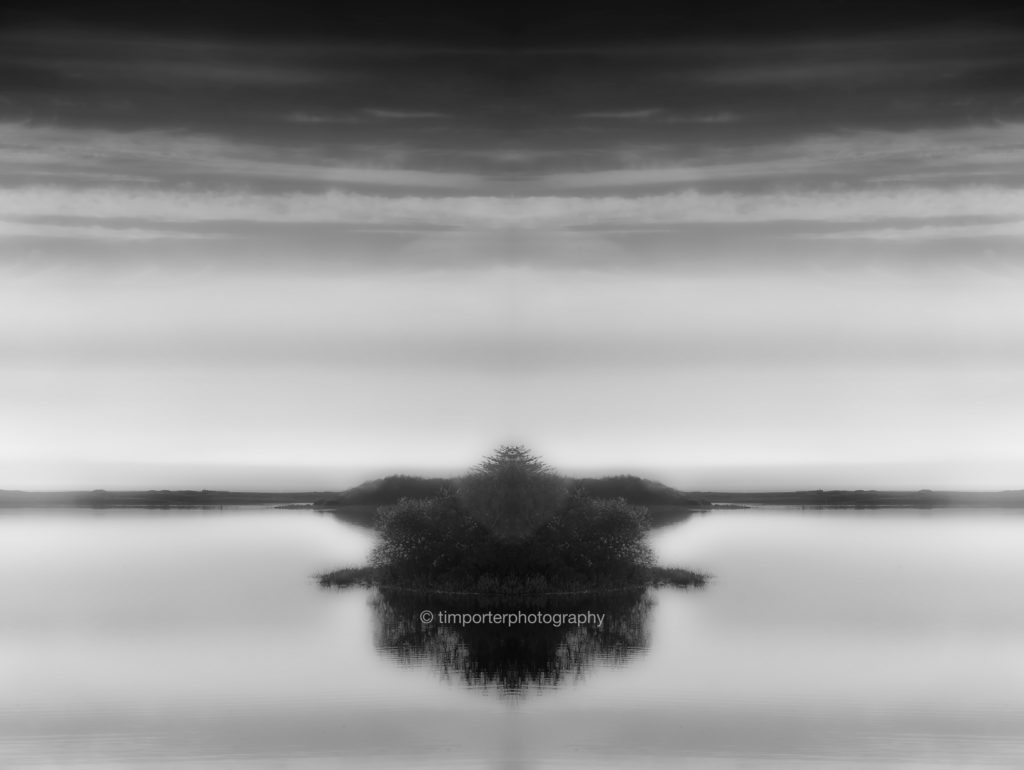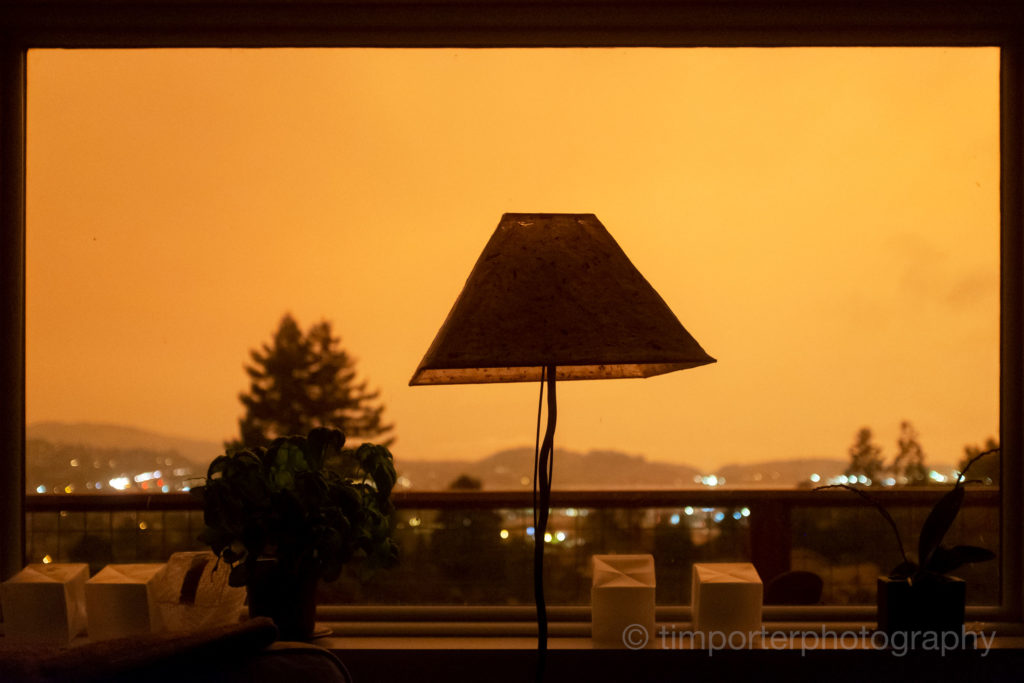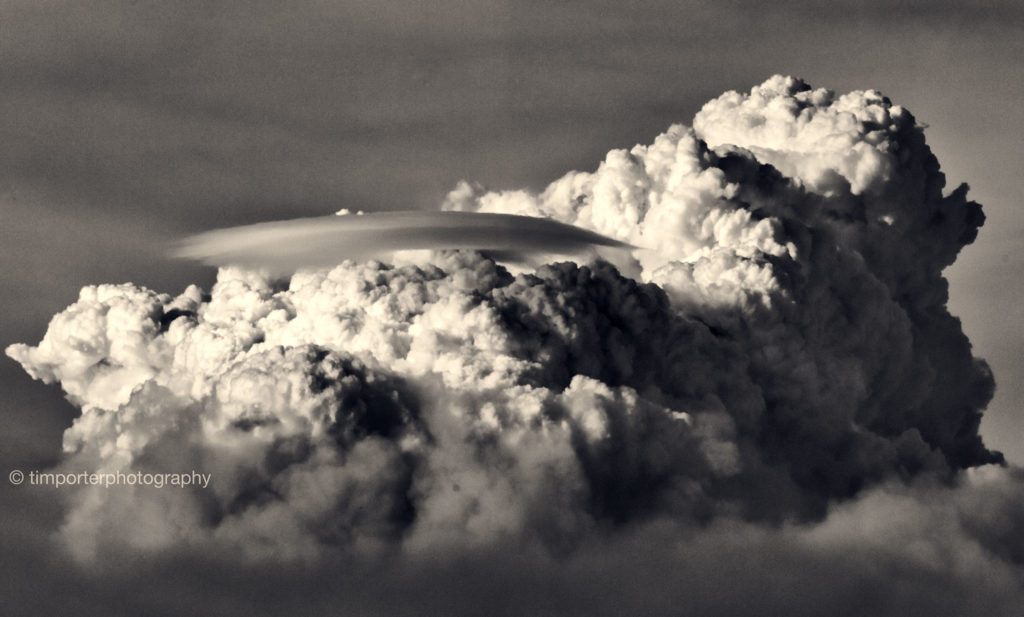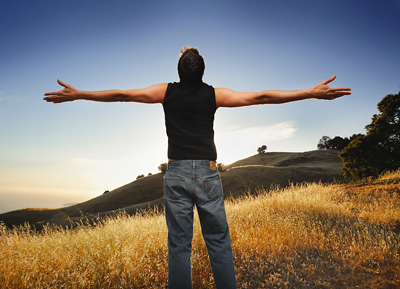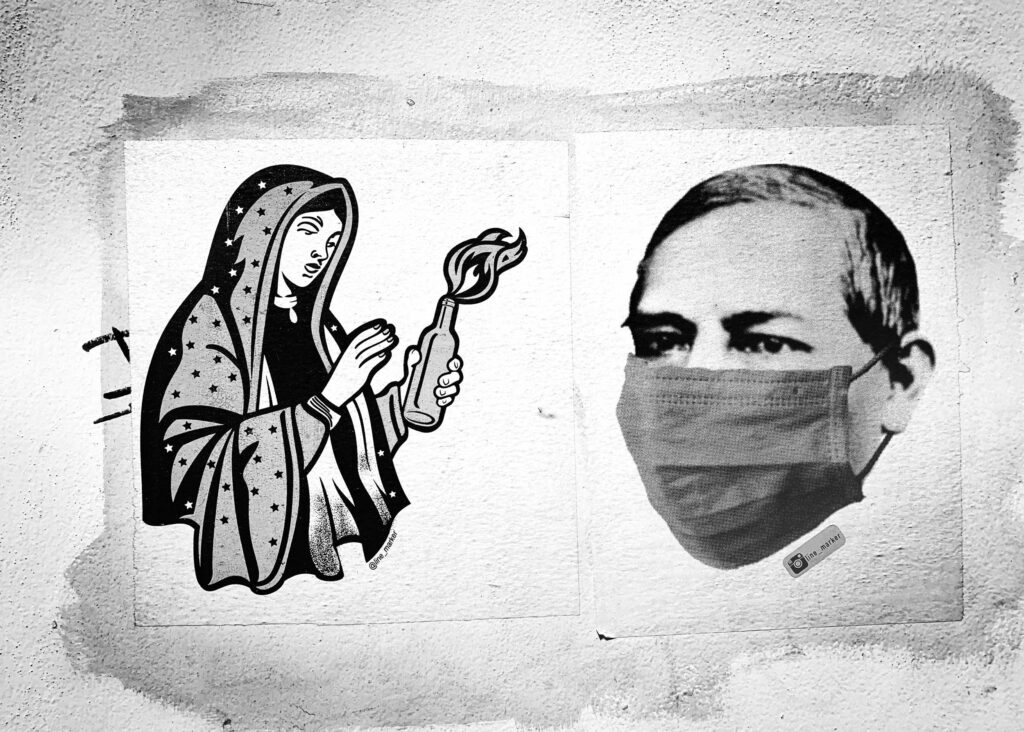
What strikes me when I return to California from Mexico is not the presence of affluence, but the extent of it, the width and breadth of the comforts and conveniences it buys, the immensity of the shopping areas and the efficiency of the paved corridors that connect them, the newness of the cars, the reality of their price tags – a $70,000 pickup! – the proclamation, both boldly advertised and silently intuited, that whatever you wish is available so long as you have the coin or the card of the realm.
There is also money in Mexico. Just two days ago, I watched a black Porsche Cayenne drive with Germanic haste down a 16th century street in Oaxaca. More widely seen are BMWs and Mercedes, parked in front costly hotels, watched with vigilance by uniformed men. But these are uncommon, rare birds in an environment of pigeons and sparrows: used SUVs, ancient VWs, and underpowered motorcycles with a baby on board, as well as a father and a mother. In Mexico, inequality is bottom-heavy; in the U.S., it is top-heavy.
Arriving at home, I see the solidness of my house, the thick redwood beams that anchor it to the hill, the heft of the front door, heavy on its brass hinges, and, inside, the milled cherry planks that support the stuffed chair where I read greet my feet, when I have taken off the thick shoes that bore me through two flights, with a sleek coolness.
Around me is nearly everything I’ve accumulated over the decades, the photographs of Mary Ellen (now gone), the book by Mary Ann (as well), the paintings and the pottery and my own images from Oaxaca, and all the goodies of modern life: stove, fridge, cords that connect to computers and tablets and phones.
I could not tell you how all this came to be. There was no grand plan. Things happened, one after another, one day at a time. But this I do know: I am fortunate, wealthy with friends and family, and possessing enough financially that, while being almost penurious relative to the monied community in which I live, to feel abashed at times for having so much while many others, including the people I saw only yesterday in Mexico, have so little.
Despite being uneasy about my ease, I don’t want to abandon it. Habits of comfort are hard to quit. Spending so much time in Mexico has not made me want to be more Mexican; rather, it has made me more thankful of being American, a tarnished designation these days, to be sure, but still one that affords its bearer the chance of economic success and the right of democratic pluralism, as imperfect as both are in our times.
Before Covid, family and photography took me to Oaxaca. Both still do, but now I am compelled even more by the collision of the calendar, of my waning time, with an opportunity to put to good use what skills and scars I’ve gathered in service of a non-profit dedicated to education (Oaxaca Streetchildren Grassroots, oaxacastreetchildren.org).
I am admittedly late to this game, but apologies for the past don’t accomplish much. Instead, here in the present I say, Thank you – thank you to everyone who brought me here, thank you for believing even when I didn’t, thank you opening doors and inviting me through, thank you for seeing what I needed when I had no clue. I find solace in knowing you are the source of my comforts and in recognizing that my discomforts are of my own making.
As I age, I realize we have a choice – to remain in the past or to move forward, to walk toward the fate that awaits us all. I choose to walk. It is more comforting to be on the move.

